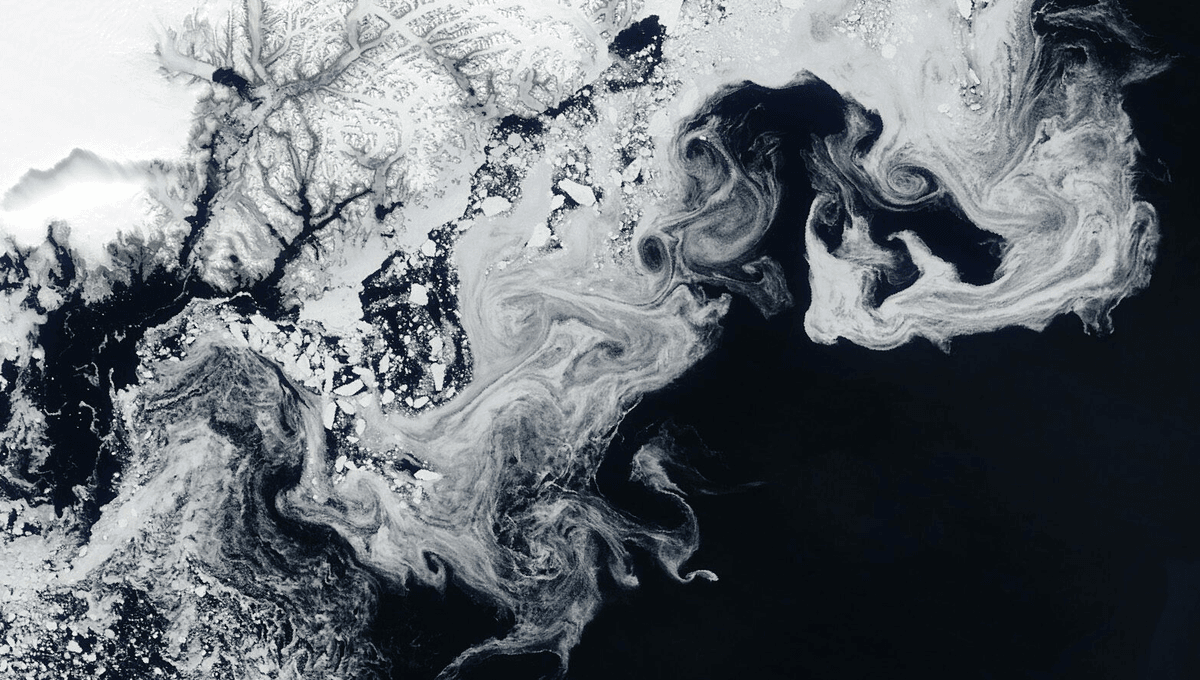Time: 2024-07-20
The Arctic has experienced a significant decrease in its cooling power since 1980 due to the disappearance and reduced reflectivity of sea ice , according to research led by the University of Michigan . Satellite measurements have shown that the decrease in sea ice cooling power is twice as high as the decrease in sea ice area . The loss of sea ice is contributing to the warming of the Earth , with the climate model estimates indicating a higher warming impact.

The Antarctic sea ice cover has also shown a decline in its cooling power since 2016 , with an area larger than Texas melting on one of the continent 's largest ice shelves . The changes in sea ice reflectivity , the formation of melt ponds , and the thinning of ice are contributing to the reduced cooling effect . The impact of these changes on climate feedback is significant and may lead to accelerated global warming.
The study emphasizes the importance of considering these updated estimates of sea ice cooling power and climate feedback in Climate change adaptation plans . The research team aims to provide their findings to the climate science community through a dedicated website that tracks satellite data . By accounting for the changes in sea ice reflectivity and cooling power , a more accurate assessment of the global energy absorption can be made , leading to better predictions of the impacts of cryospheric radiative cooling loss on the Earth 's climate system.
Understanding the complex interactions between sea ice melting , climate feedback , and global warming is essential for developing effective climate change mitigation strategies . The research findings highlight the urgent need to address the challenges posed by the rapid changes in sea ice cover and their impact on the Earth 's climate system . By incorporating these updated estimates into climate models , scientists can improve the accuracy of future climate projections and enhance our understanding of the consequences of climate change on a global scale.